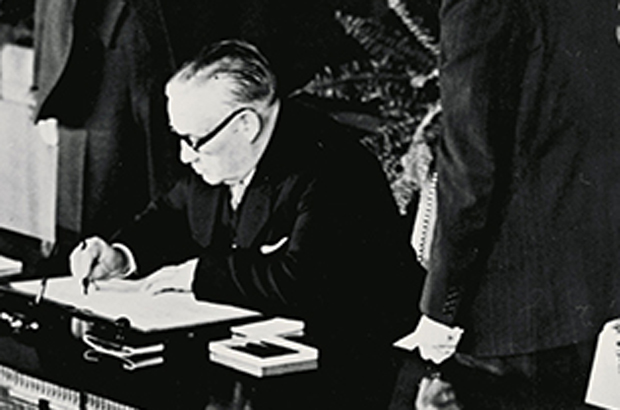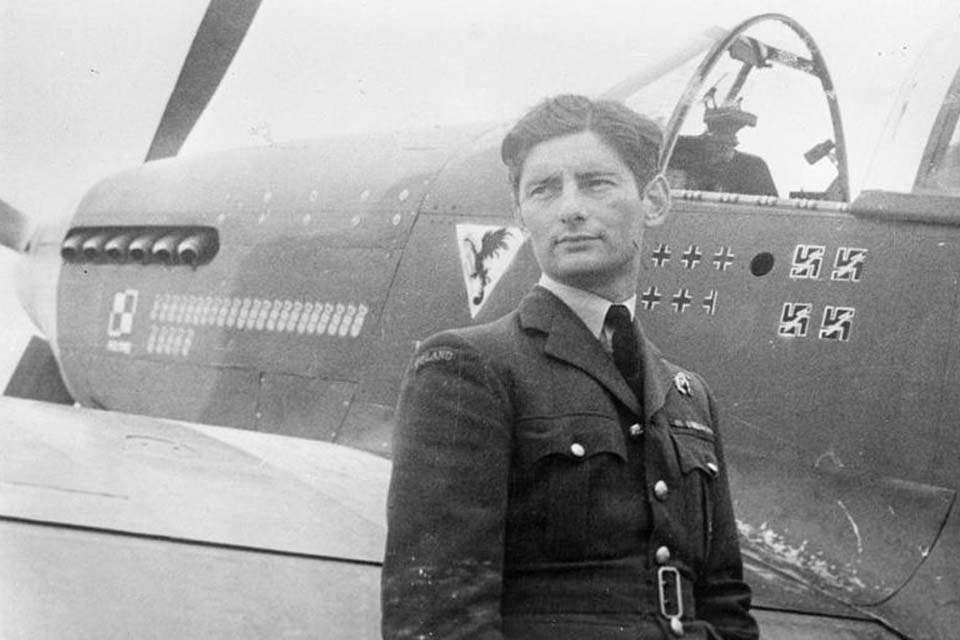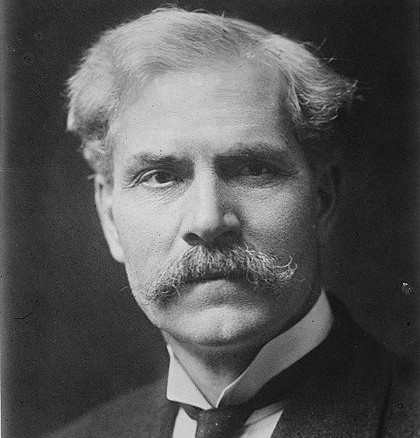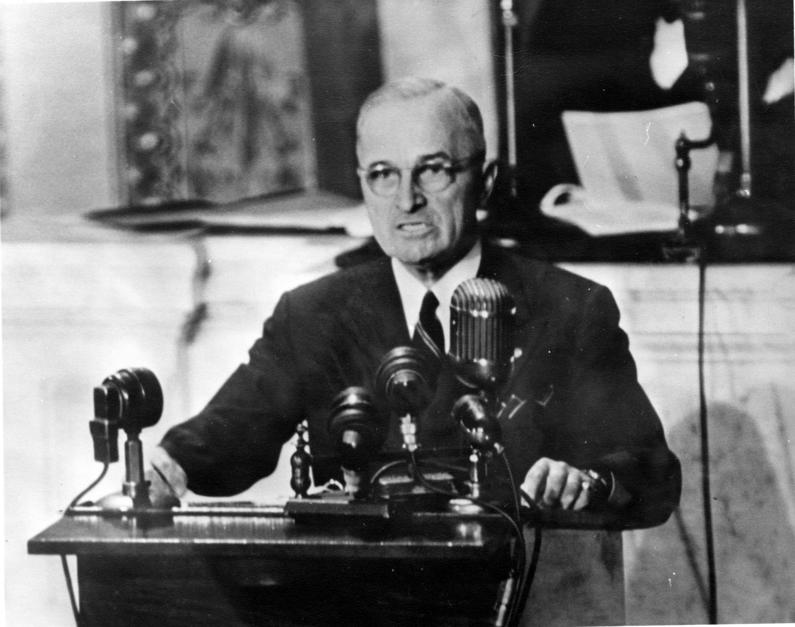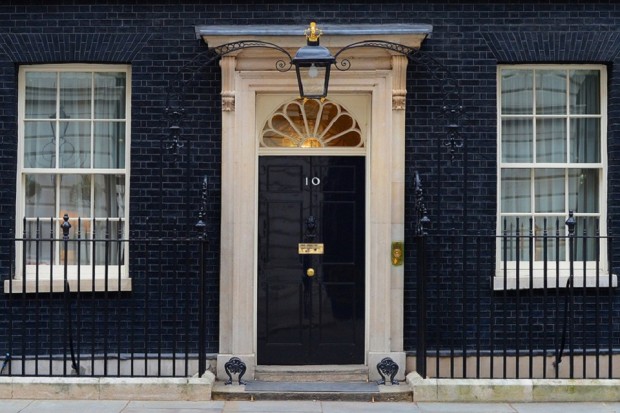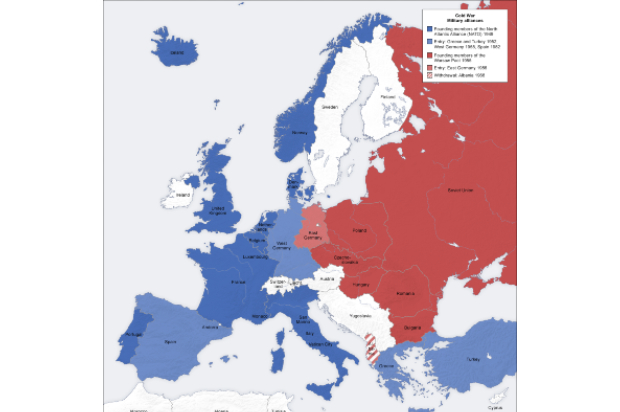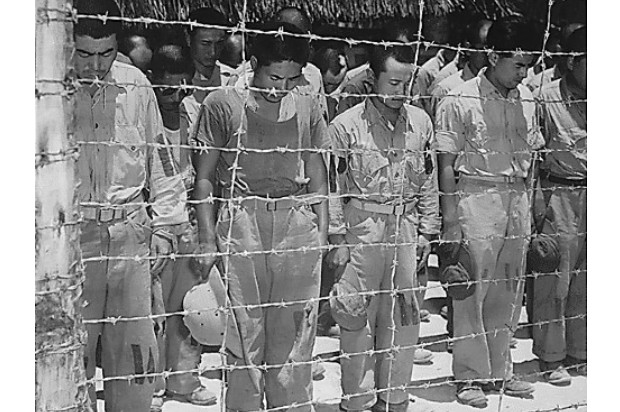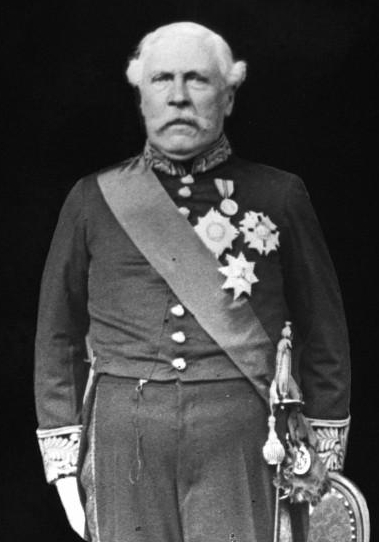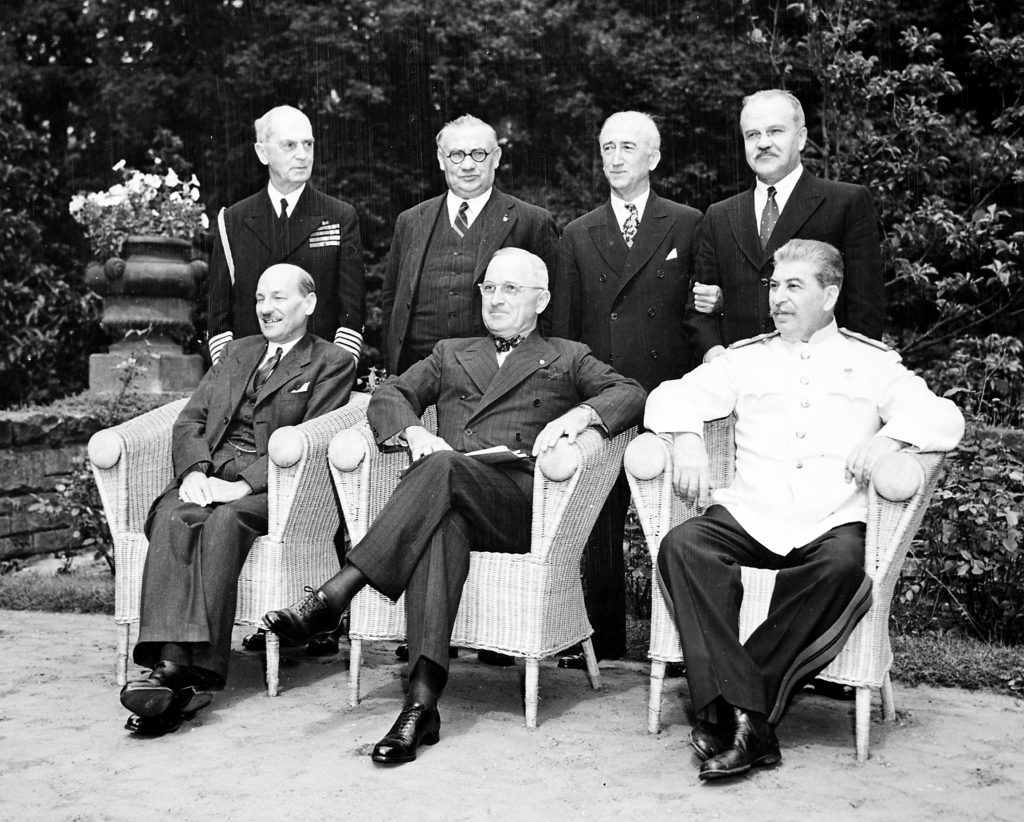Search results for VIPREG2024 promo code for 1x bet Germany
...how the Cold War ended: with the collapse of the Soviet Union and the reunification of Germany. NATO did its job in protecting the West and deterring the East, and...
...Battle of El Alamein in October 1942, and at the Battle of Monte Cassino between January and May 1944. The Royal Indian Navy fought in the North Atlantic and the...
...issues like reparations, French security and military control of Germany was elusive. Lack of such agreement made the protection of British interests in the Middle, Near and Far East more...
...State George C. Marshall continued long-running and frustrating discussions with the Russians over the future of divided Germany, reparations, peace treaties, German level of industry and the Soviet threat to...
...including the erection of the Berlin Wall in August 1961 and the Cuban missile crisis in October 1962. In addition, civil war in Laos and increasing tension between South and...
...also returned frequently to Hanover, making twelve trips between 1727 and 1760. Overall, the first two Georges were absent for roughly one-in-three summers between 1714 and 1760. Discontent at royal...
...Principles Guiding Relations between Participating States (including an all-important Principle VII on human rights and fundamental freedoms). Basket II covered economic, scientific, technological and environmental co-operation. Basket III was devoted...
...Far East as much as to Europe. For that reason, Stalin continued to hedge his bets in the bitter struggle in China between Chiang Kai-shek’s Nationalist government - signatory of...
...against an increasingly powerful Germany. Short in temper as well as stature, Bertie was nicknamed ‘the Bull’ by junior staff in Paris. He maintained a high level of pomp and...
'We must base our foreign policy on the principle of co-operation between the three World Powers.' (Memo. by Sir Orme Sargent, 11 July 1945)[1] Prime Minister Churchill, President Truman and...
